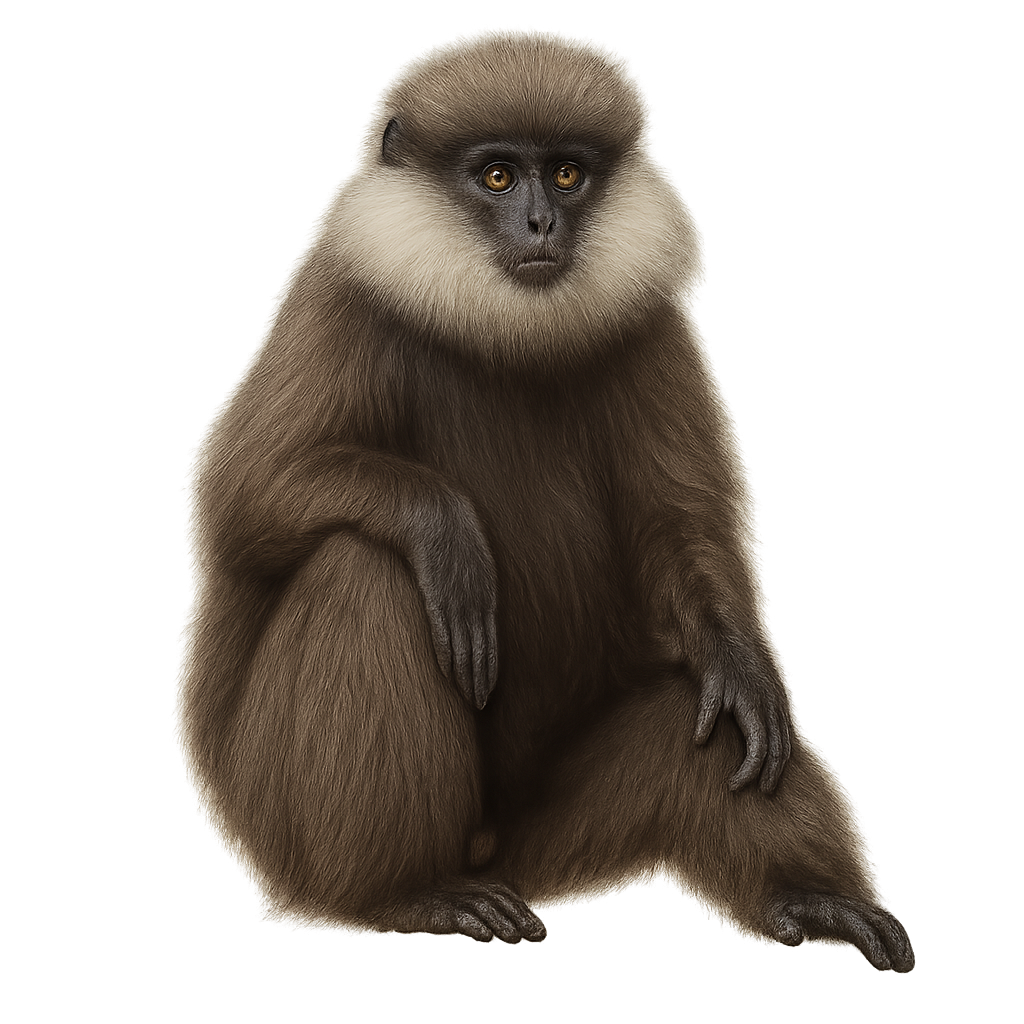Your wildlife photography guide.
Explore the purple-faced langur in detail, study its behavior, prepare your shots.
Where to observe and photograph the purple-faced langur in the wild
Learn where and when to spot the purple-faced langur in the wild, how to identify the species based on distinctive features, and what natural environments it inhabits. The WildlifePhotographer app offers tailored photography tips that reflect the purple-faced langur’s behavior, helping you capture better wildlife images. Explore the full species profile for key information including description, habitat, active periods, and approach techniques.
Purple-faced Langur
Scientific name: Trachypithecus vetulus

IUCN Status: Vulnerable
Family: CERCOPITHECIDAE
Group: Mammals
Sensitivity to human approach: Suspicious
Minimum approach distance: 10 m
Rut period: April to June
Gestation: 180-200 jours
Births: October to December
Habitat:
Tropical rainforests, lowland forests, mountainous areas
Activity period :
Primarily active during the day, with peak activity in the morning and late afternoon.
Identification and description:
The Trachypithecus vetulus, commonly known as the Purple-faced Langur, is a primate endemic to Sri Lanka. This monkey features dense fur ranging from dark brown to black, with a distinctive purple-tinged face. It primarily inhabits tropical rainforests, lowland forests, and mountainous areas. Being diurnal, it spends most of the day foraging for leaves, fruits, and flowers. Purple-faced langurs are social animals living in family groups led by a dominant male. Unfortunately, their habitat is threatened by deforestation, leading to a decline in their population. They are currently classified as vulnerable by the IUCN.
Recommended lens:
400 mm – adjust based on distance, desired framing (portrait or habitat), and approach conditions.
Photography tips:
To photograph the purple-faced langur, it is advisable to use a telephoto lens of at least 400mm to capture detailed images from a distance without disturbing the animal. The tropical forests they inhabit often provide dim lighting, so adjusting the aperture and ISO sensitivity may be necessary to achieve proper exposure. Be patient and discreet, as these primates can be suspicious. Observing their social behavior can offer unique photo opportunities.
The WildlifePhotographer App is coming soon!
Be the first to explore the best nature spots, track rutting seasons, log your observations, and observe more wildlife.
Already 1 415 wildlife lovers subscribed worldwide

